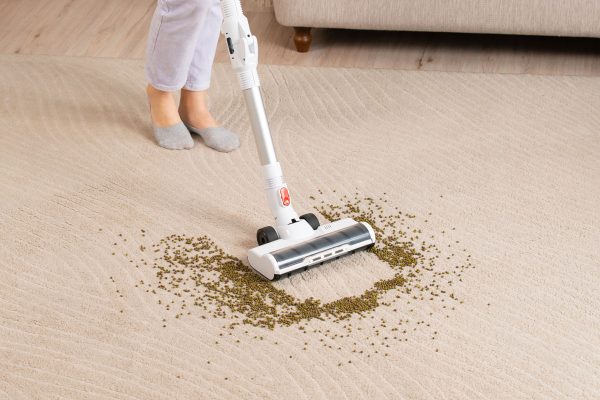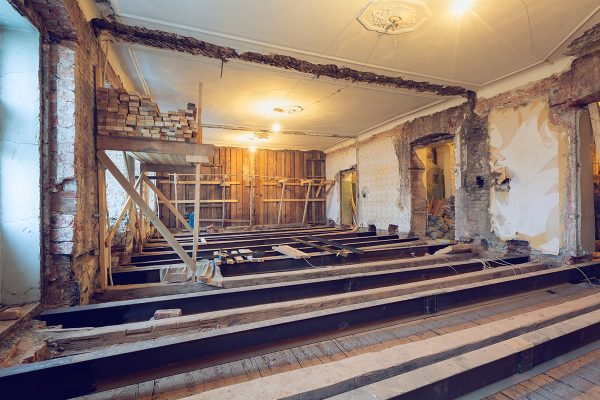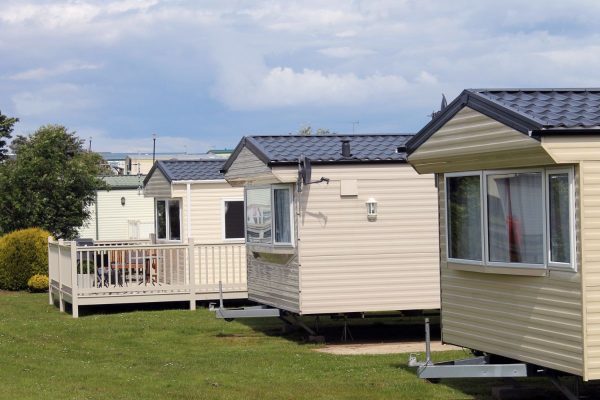Insulating your floorboards is essential to making your daily life at home comfortable. Not only will it keep you warm, but it will also make your home energy-efficient and provide a decent level of soundproofing.
You may be wondering whether you can use expanding foam under your floorboards and if they will be enough--so we have researched answers for you.
You can definitely use spray foam to insulate the underside of your floorboards. Expanding foam, or spray foams, are made of liquid that easily expands to insulate and soundproof the floorboards. It strengthens the joists and doesn't block the ventilation under the floorboards.
The expanding spray foam is a useful tool you can use to improve your home's insulation, energy-efficiency, and general comfort. There are many benefits to utilizing these spray foams, so keep reading below to find out.
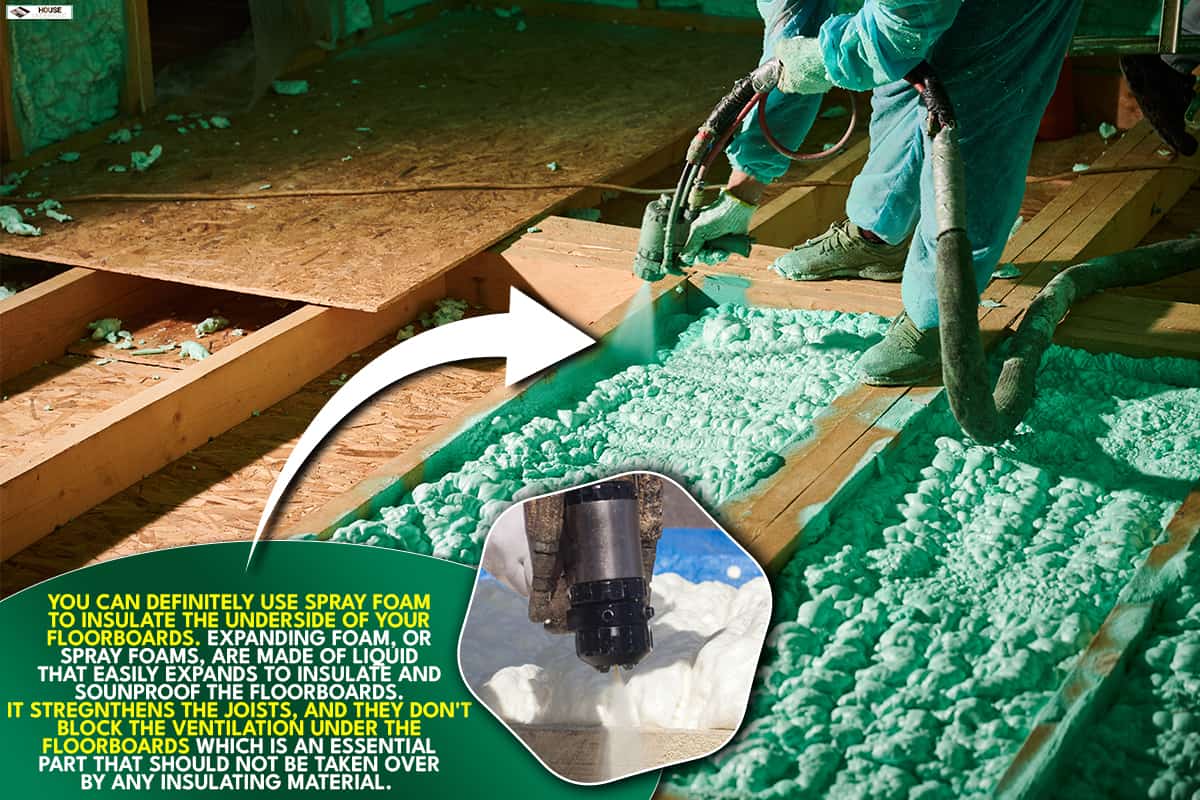
Why Should You Use Expanding Foam Under Floorboards?
Insulating your floorboards is just as important as insulating your walls and windows. They are a bit trickier especially if you live in a building since you have the under-floor vents to consider on top of the wirings and hard-to-reach corners that still need to be insulated or soundproofed.
Fortunately, expanding foams can solve most of these issues easily. Spray foam is an excellent and more affordable alternative to solid floor insulation which requires a lot of time and effort to build.
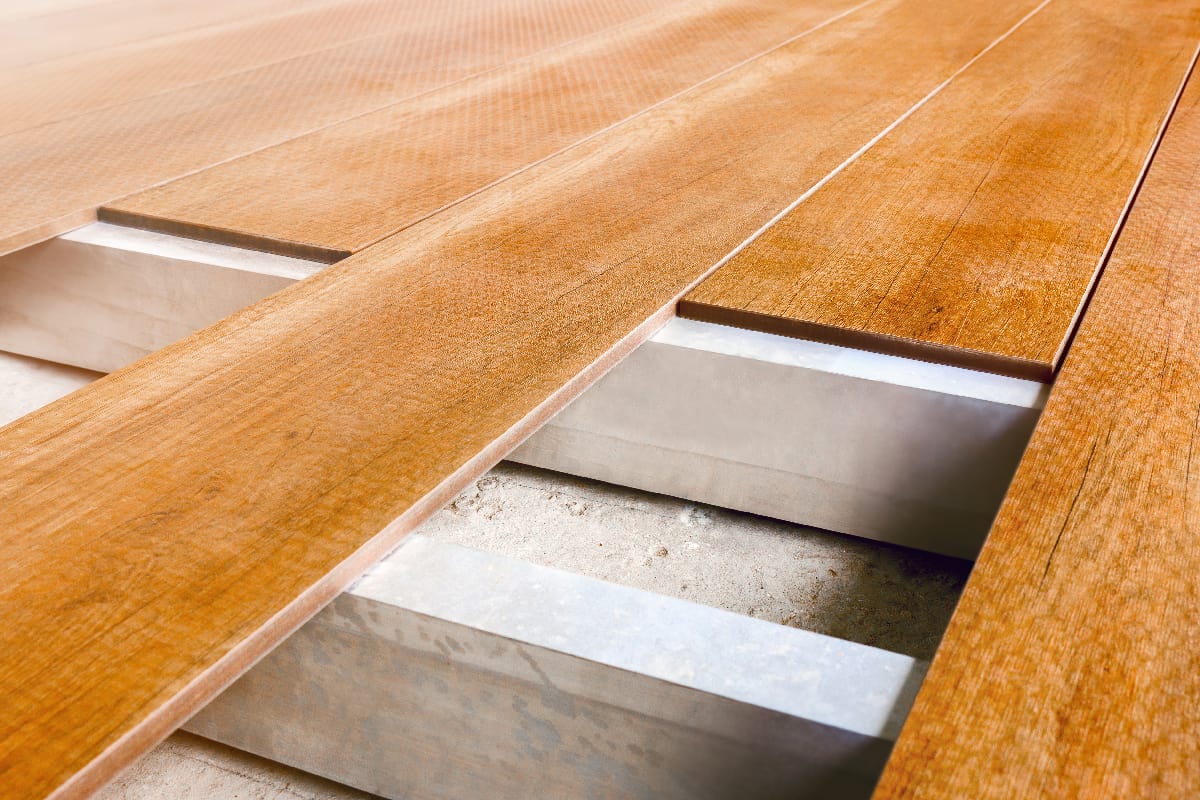
Note that, according to regulations, properties must be able to meet the minimum soundproofing requirements while letting the vents breathe. This can be difficult to achieve without utilizing expanding foam.
Here are the reasons why you should opt for expanding foam under your floorboards.
Prevents Cold Drafts
Nothing ruins a comfortable night-in than cold drafts seeping from under the floorboards. Having cold floors means that your floors are not properly insulated.
Applying the basic principles of thermodynamics, we know that heated air transfers constantly from a warm space to a cool space, dissipating along the spaces until parts of the floor feel cold.
To solve this, you would need to insulate the floorboards effectively--even the nooks and crannies. Expanding foam will help in trapping heat so that the floorboards will always feel warm and toasty!
Check out this spray foam on Amazon.
Retains Heat
Expanding foams have a high R-Value. or resistance to the flow of heat, making it an excellent insulating property. Since it has a high R-value, it effectively retains heat on your floor so that it can stay warm for a long time even if the temperatures drop.
During the summer, you won't have to worry about your house getting too hot. If you sprayed an expanding foam under the floorboards, it will prevent heat from escaping over to the surface, again thanks to thermodynamics.
Heat will be retained wherever it is needed, keeping your home consistently comfortable all year round.
Controls Air Flow
If you've ever felt uneven temperatures inside your house, chances are, there are air leaks and the airflow is not properly controlled. Expanding foams can seal the cracks under your floorboards that cause the air to escape.
Since expanding foams have air trapped inside, it creates an air barrier that is similar to how vacuum-insulated water bottles work. Heated air won't be able to penetrate or escape easily since trapped air is an excellent insulator, effectively controlling airflow.
Note that you need to spray 1.5-inch thick foams under the floorboards for this to work. This is applicable for closed-cell spray foams.
If you have an open-cell spray foam, you will need the foam to be at least 5.5 inches thick.
Provides Flexibility During Application
Spray foam is an effective and highly recommended material if you have to deal with floorboards with a lot of pipes or vents. This is because spray foams are easier to control.
You get to maneuver your spraying position so it won't affect the essential parts under your floorboards, and you won't miss any cracks or gaps.
Since spray foams are easier to control, you will also be able to insulate difficult corners to ensure that there will be no air and sound leaks. Make sure to use a caulking gun for better maneuvering.
Check out this caulk gun on Amazon.
Structurally Reliable
Spray foams may appear "soft", but they are extremely durable, and they restore damaged roofs as well as strengthen your floors. They are waterproof, so you won't have to worry if there happens to be a water leak under your floorboards (at least, nothing to worry about with the spray foam).
Spray foams increase the lifespan of a building by up to 30 years since it permanently adheres onto any surface without any issue. However, since it becomes essentially a permanent fixture, you will need to be careful about where you spray it.
Make sure that you are intentional about where you spray it since it is incredibly useful when used correctly.
Types of Expanding Foam
Once you go to the hardware store to purchase spray foams, you may find yourself choosing between a closed-cell and an open-cell spray foam. It can be confusing especially when you're not familiar with them, but they have very distinct features that can make it easier for you to make a decision.
One is not necessarily better. As with all materials, it all depends on what your priority is. Here are the two types of expanding foam that you can use.
Open-Cell Expanding Foam
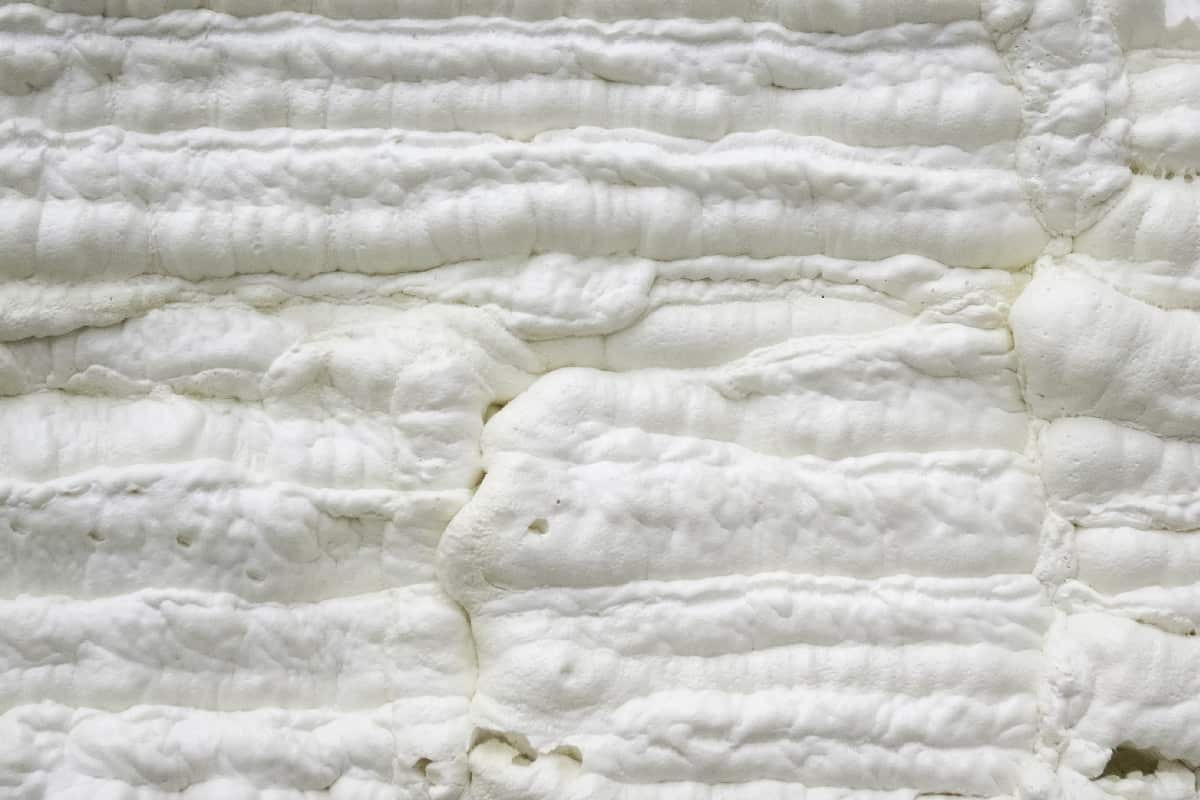
If flexibility is your priority, open-cell expanding foam may be for you. It is less dense since there are a lot of air pockets inside each cell. However, since it is less dense, it can let at least 5% of water pass through it with each contact.
Soundproofing is also one of the things open-cell foams do best. If the material is soft, it will be more difficult for sound to pass through, allowing for a more muffled and reduced noise.
It may be easier for open-cell foam to expand since it has more air pockets, so be careful when insulating under your floorboards so it won't block out the vents.
Closed-Cell Expanding Foam

True to its name, closed-cell expanding foam is more dense and compact. It is more rigid, so it is a great choice if waterproofing is your priority. This is often the first choice when you're trying to strengthen the structural integrity of your space since it gets extremely rigid and durable.
Closed-cell expanding foams have a higher R-value because of their compact structure, which can make your home more insulated as it prevents air leaks.
Note that it may take more time and material for closed-cell foams to cover the space you intend to insulate.
Why Is Soundproofing Important?

One of the things that expanding foams do is soundproof your space. Not only is this an important building regulation, but it will also improve your quality of life. This is essential if you live in an apartment complex.
Less noise means less distraction, more privacy, and better rest periods. Simply spraying expanding foam under your floorboards will improve not only your daily routine but the daily life of everyone around you as well.
Soundproofing can also increase the value of your home, so it's an ideal feature if you're planning to rent or resell your home.
Final Thoughts
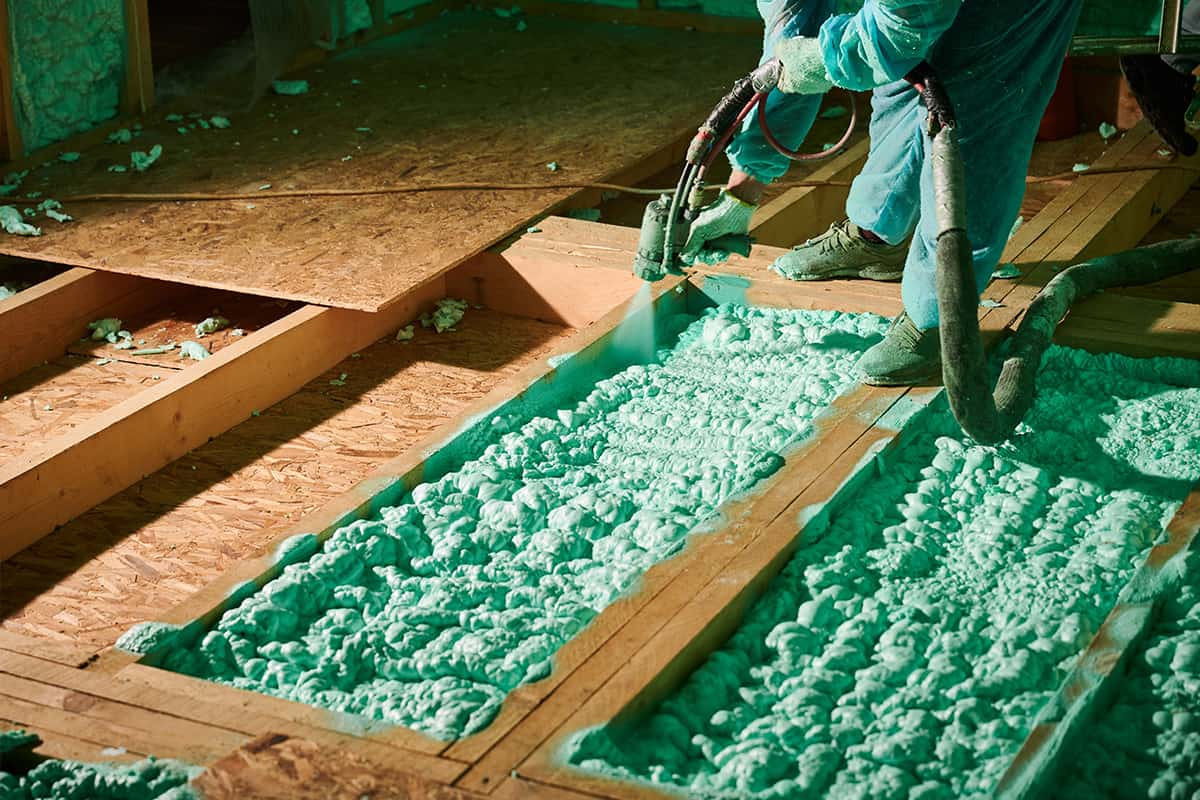
Using expanding foams under your floorboards is not only allowed--it is highly recommended by experts.
It has a lot of benefits, and you get to control how much to apply. As always, make sure to hire a professional contractor if you want to get your money's worth and if you want to avoid mistakes.
If you enjoyed this article, check out the following:



